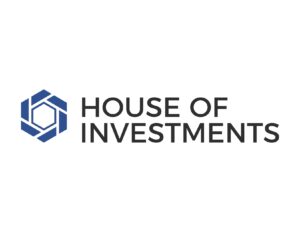Hefty lending between multinational firms and their Philippine subsidiaries lifted foreign direct investments (FDIs) to their highest level in five months in July, putting the cumulative flows of job-generating capital halfway through the projection of the Bangko Sentral ng Pilipinas (BSP) for the whole of 2024.
In a report on Thursday, the BSP said FDIs had posted a net inflow of $820 million in July, 5.5 percent larger than the level a year ago, when net inflows hit $778 million.
Unlike the so-called “hot money” that leaves markets at the first sign of trouble, FDIs are firmer capital inflows that generate jobs for people. That said, the government wants existing FDIs to stay, while attracting more.
A net inflow means more of this foreign capital entered the country against those that left during a period. Data showed the net inflow in July was the highest since February, pushing up the seven-month tally by 7.5 percent to $5.3 billion, or halfway through the $10-billion net inflow that the BSP projects for the entire year.
Moving forward, analysts had said the quarter-point interest rate cut by the BSP in August could perk up investor sentiment, and this would be captured in the future FDI reports. Governor Eli Remolona Jr. already hinted at additional easing moves at the last two meetings of the policymaking Monetary Board this year.
Intercompany borrowings
Dissecting the BSP’s report, equity capital placements, a measure of fresh FDIs, amounted to $135 million in July, up by 65.8 percent year-on-year.
Most of the new foreign capital during the month came from Japan, the United States and Singapore. By industry, manufacturing cornered the lion’s share at 71 percent, followed by real estate, which received 17 percent.
However, figures showed $59 million worth of FDIs had left the country in July, almost four times bigger than a year ago. That gave the Philippines a net equity capital flow of $76 million during the month, up by 16.8 percent.
But it was the increase in intercompany borrowings between multinational companies and their Philippine subsidiaries that did the heavy lifting in July after growing by 2.7 percent to $610 million.
Reinvestment of earnings, meanwhile, also made a big pitch as it climbed by 12.8 percent to $135 million.


